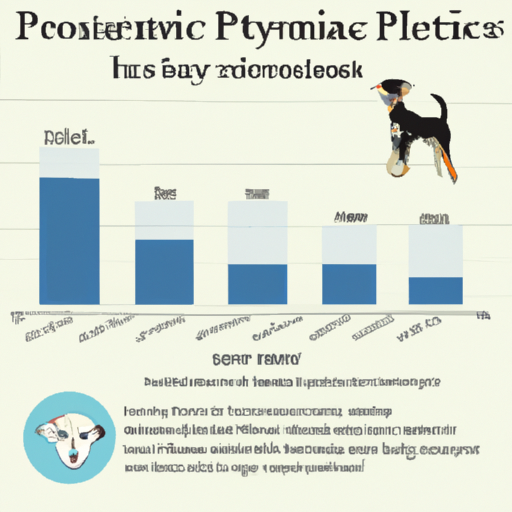Understanding Pyometra
You may ask, “What is pyometra?” Pyometra is a severe, life-threatening condition that can affect unspayed female dogs. It’s essentially a uterine infection, often occurring a few weeks after a dog’s heat cycle. The uterus fills with pus, causing discomfort, lethargy, and other symptoms such as increased thirst and urination. If left untreated, pyometra can be fatal.
Incidence of Pyometra in Dogs
In terms of how common is pyometra in dogs, it’s relatively frequent, especially in older, unspayed female dogs. But don’t take my word for it, let’s look at the numbers.
| Age of Dog | Chance of Pyometra |
|---|---|
| Before 2 years | Less than 1% |
| By 10 years | 25% |
| Over 10 years | 50% |
As you can see, the risk of pyometra increases significantly as dogs age.
Preventing Pyometra
Here’s the good news – pyometra is almost entirely preventable. How, you ask? By spaying your female dog.
- Spaying eliminates the risk of pyometra by removing the uterus.
- It also significantly reduces the risk of mammary tumors, the most common type of tumor in dogs.
- Additionally, spaying eliminates the risk of ovarian and uterine tumors.
Recognizing the Symptoms of Pyometra
As a caregiver, recognizing the symptoms of pyometra early is crucial. Let’s look at the most common ones:
- Excessive thirst and urination
- Lethargy
- Loss of appetite
- Abdominal bloating
- Pus-like discharge from the vagina
If you notice any of these symptoms, contact your vet immediately.
Treating Pyometra
While preventive measures are the best approach, if your dog does develop pyometra, swift medical intervention is critical. Treatment usually involves a combination of surgery (to remove the infected uterus) and antibiotics. In some cases, if caught early, a medical approach can be attempted.
Frequently Asked Questions
1. Can male dogs get pyometra?
No, pyometra only affects female dogs as it is a uterine infection.
2. Can spayed dogs get pyometra?
It’s extremely rare since the uterus, where the infection occurs, is usually removed in a spay surgery.
3. How quickly can pyometra become fatal?
If left untreated, pyometra can become fatal within 48 to 72 hours.
4. Can young dogs get pyometra?
Yes, but it’s rare. The risk increases with age.
5. Are certain breeds more susceptible to pyometra?
No, pyometra can affect any breed of dog.
Remember, as a caregiver, your vigilance can save your dog’s life. Keep an eye out for any unusual behavior or symptoms and don’t hesitate to contact your vet if you have concerns.



